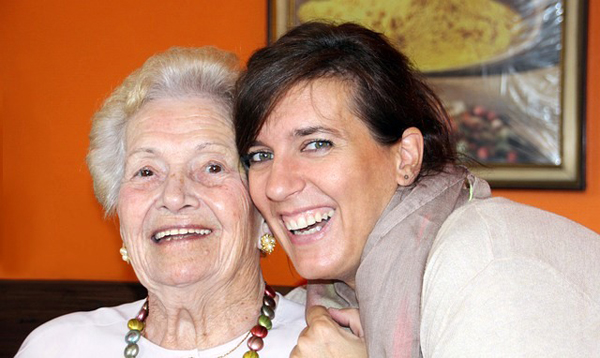- National Library Week in Los Fresnos
- Lady Falcons are Class 6A Champions
- New Beauty Clinic Opens Up in Los Fresnos
- “Houston’s Most Notable” —Los Fresnos Raised
- Earth Day 2024 coming April 6th in Los Fresnos
- Another Successful Golf Tournament for the Leo Aguilar Foundation
- Back to The Moon Again
- March 2024 Your Health Matters
- Lady Falcons in Tournament Play
- Easter Fun at Big Red’s Ranch
Texas’ CARE Act for Family Caregivers: It’s a Start
- Updated: November 17, 2017

The CARE Act is designed to assist people who are caregivers to an ill or elderly family member. Photo: Pixabay
by Mark Richardson
AUSTIN, Texas – A new state law went into effect this year to help Texans care for loved ones who are ill or have a disability, but advocates say more should be done to help family caregivers. Statistics show if the family members who assist ill or aging relatives were replaced by paid caregivers, it would cost the state more than $35 billion a year.
But according to Amanda Fredriksen, director of advocacy and outreach for AARP Texas, that doesn’t begin to account for the personal toll caregiving can place on spouses, children or other family members, who often provide continuous care for relatives who can’t care for themselves.
“In Texas, we have 3.4 million family caregivers,” she says. “These are unpaid family members who are caring for their loved one the way any of us would, and I think people don’t realize how many people are having this same experience.”
Texas has joined about two-thirds of the other U.S. states in adopting the CARE Act, a measure to support family caregivers when a patient is released from the hospital. Fredrickson says that’s a good start, but it doesn’t address other concerns faced by caregivers, such as health, safety, financial, legal and life balance issues.
She explains the CARE Act requires hospitals to ask patients if they want to designate a caregiver.
“If the patient says ‘yes,’ then they’re expected to note that name and notify that family caregiver that their loved one is going to be discharged, then give them an opportunity to walk through the aftercare instructions and ask any questions,” she explains.
Fredriksen notes there is much more to providing full-time care.
Sharon Goldblatt from Round Rock is the sole caretaker for her husband, whose around-the-clock care needs sometimes mean a great deal of personal stress.
“It’s a constant state of anxiety because I never know if he’s going to have a seizure or how his narcolepsy is going to be revealed on any particular day,” Goldblatt laments. “So, he really needs constant care, and that means that my life is all about his health.”
AARP provides an online guide to assist caregivers, including a forum where they can contact other caregivers for information and support.





